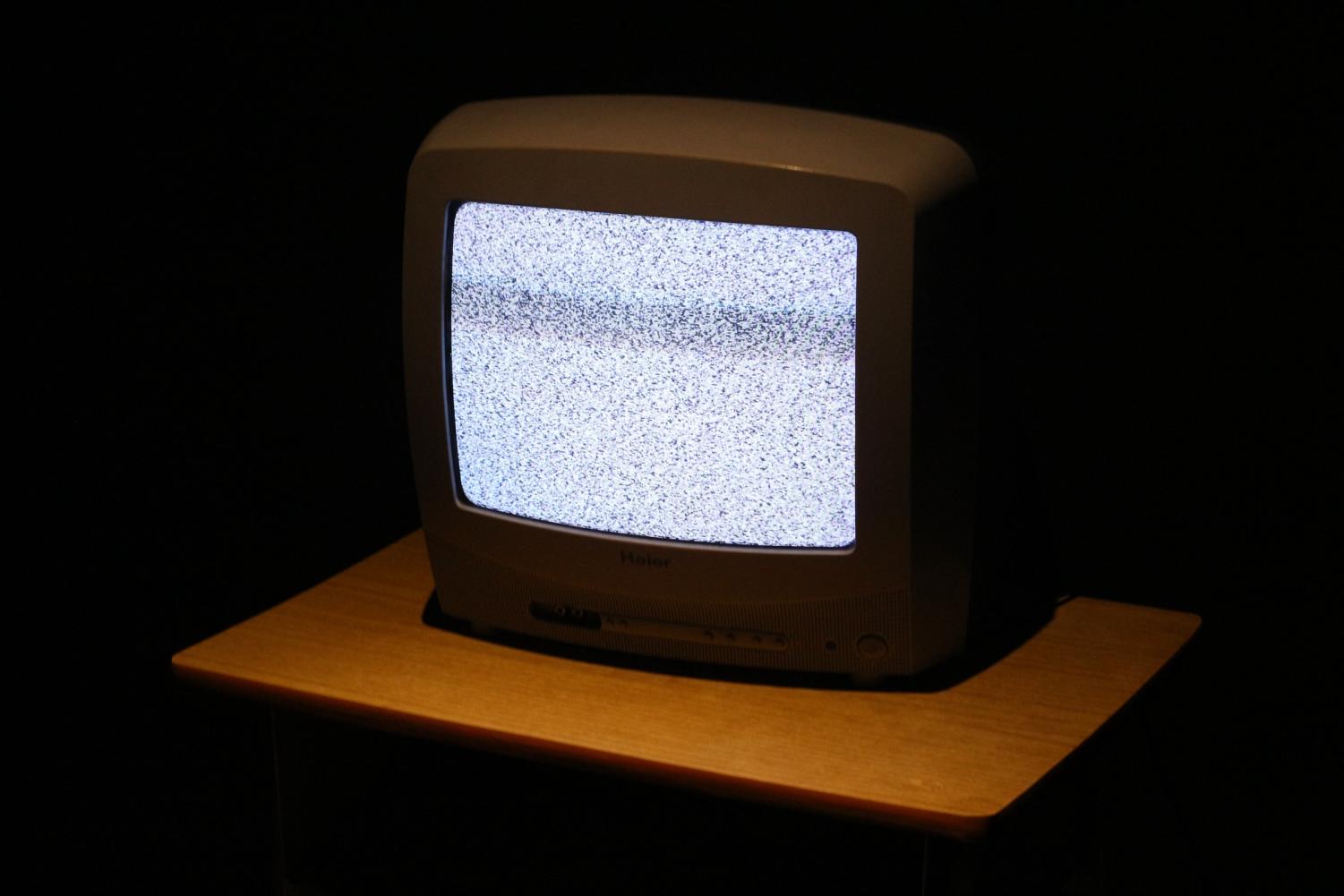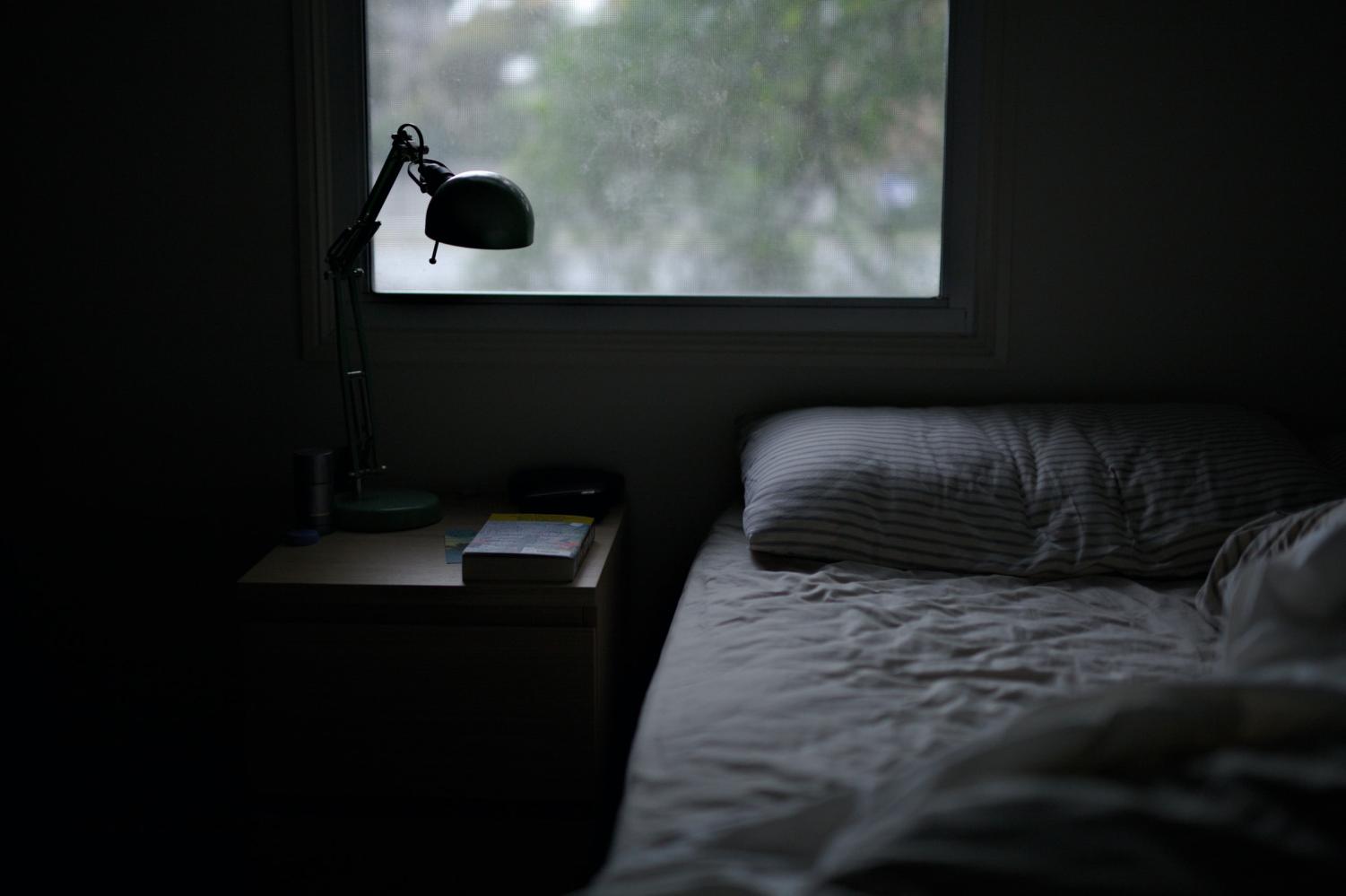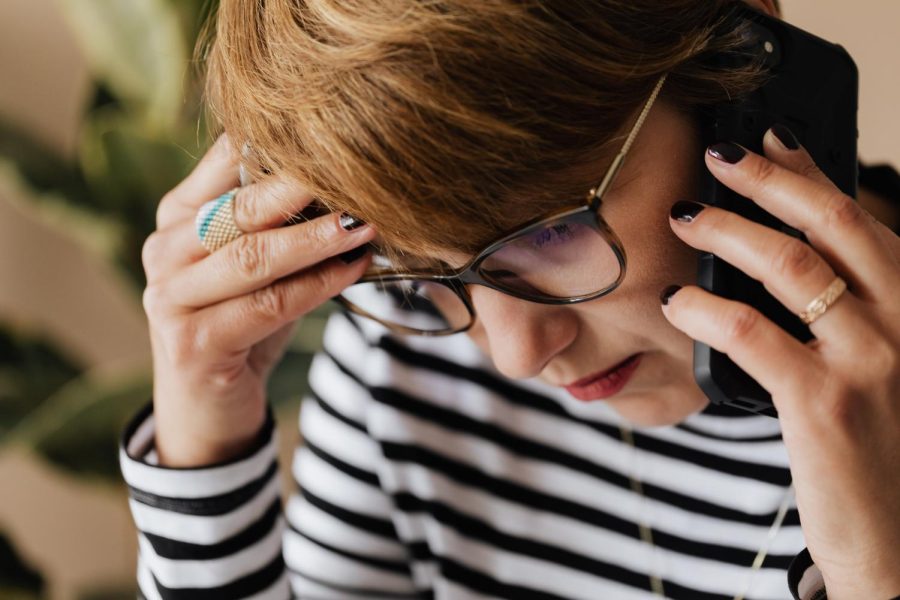It’s not always easy to get a good night’s sleep, especially for students living on-campus. While a new living situation or noisy roommates may make it difficult to get a full eight hours, some studies have shown that sound and music may be the answer to improving your quality of sleep.
You might’ve heard of white noise, but what about pink noise or brown noise? There are so many different kinds of sounds that people play while sleeping, but do they really work? Well, scientists have been trying to find out, and this is what they’ve found.
There is a debate about whether the sounds are keeping your brain awake with active listening and not allowing it to rest properly or if it is soothing the brain in some way. Sometimes it depends on a person’s suggestibility, or “the ability of a person to respond to suggestions in terms of perceptual, cognitive, neural and bodily processes,” according to a scientific report.
Listening to music while sleeping can help people relax because it decreases cortisol levels, a stress hormone that contributes to alertness, according to the Sleep Foundation. Music can also soothe the nervous system, causing slower breathing, heart rate and lower blood pressure.
A scientific study examined soothing non-commercial music’s impact on sleep and body functions in intensive care unit patients and found that “the music group patients also had significantly lower heart rates than those in the control group,” the study read.
The kind of music you’re listening to could affect the impact it has on your sleep. A person should choose music that they like and consider the tempo. It is suggested that people choose music that’s around 60-80 beats per minute (bpm) because the typical resting heart rate is from 60-100 bpm. “It’s often hypothesized that the body may sync up with slower music,” according to Sleep Foundation.
Music isn’t the only option, though. Some people use noises, like white noise, to help them hit the hay.
White noise machines work through a process called “sound masking or noise masking,” Michael Grandner from the University of Arizona College of Medicine Sleep and Health Research Program said to CNN. “They create a blanket of sound around you that absorbs other sound waves, so that little creaks and cracks and cars driving by don’t quite make it to your brain, and you don’t respond to them.” So it seems that sounds like white noise can help you sleep better by absorbing the surrounding noises, making it easier for your brain to ignore them.

So, what even is white noise? It’s all the audible frequencies of sound played equally all at once, according to the Sleep Foundation. Some people equate the sound with television or radio static.
Pink noise is similar but with reduced higher frequencies. “Pink noise contains sounds within each octave, but the power of its frequencies decreases by three decibels with each higher octave,” Sleep Foundation reported. Consequently, pink noise is perceived as lower-pitched than white noise.
Brown noise has even lower high frequencies. Brown noise also has sounds from every octave of the sound spectrum, but the power behind frequencies decreases twice as much as that in pink noise, so people perceive it as deeper than white or pink noise, according to Sleep Foundation.
Here are some other popular sounds people use to fall asleep that you may want to try. Remember, don’t play the noises too loud, or it may be hard to fall asleep.

If you’re struggling to sleep on-campus, background noise or music may be your solution to sleeping better. Of course, you may have to ask your roommates first.
There are also other ways to help your sleep, such as developing good habits before bed or improving your “sleep hygiene.” Here are some tips from the American Academy of Sleep Education:
- Go to sleep at the same time every day, and set your bedtime early enough to where you can get seven to eight hours of sleep.
- Avoid drinking alcohol and reduce fluid consumption before bed.
- Avoid electronic devices at least 30 minutes before bed.
- Avoid consuming caffeine during the afternoon and evening.
- Don’t eat a big meal before sleeping.
- Create a relaxing environment in your bedroom.
Sleep-music and background noise may be able to help you sleep, but improving your sleep habits too could also do the trick.
___
For more information or news tips, or if you see an error in this story or have any compliments or concerns, contact editor@unfspinnaker.com.
















